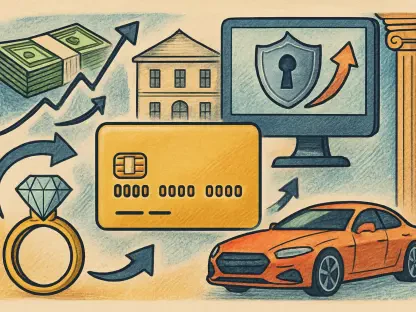In the intricate web of modern technology, the concept of “driver scores” is becoming as common as credit scores. However, instead of financial reliability, these scores look at the pivotal aspects of driving behavior — whether you tend to brake suddenly, speed, use your phone while driving, or frequently drive at night. The intent is to assemble a safety profile similar to how credit scores evaluate financial responsibility. For the past two decades, auto insurers have been promoting usage-based insurance plans. These plans are designed to monitor such behaviors, offering the promise of lower premiums for safer driving habits. However, the Big Brother-esque nature of this surveillance has understandably caused public concern over privacy.
Tapping into Telematics
Despite resistance, insurers have managed to bypass direct consumer agreements by turning to alternative sources for this coveted data. Auto manufacturers and mobile applications have become the miners for these digital gold nuggets of driving habits. An illuminating case involved General Motors which, along with LexisNexis, found themselves the target of legal action when customers learned their driving data was being traded. Though GM cut ties with the data broker in the aftermath, the collection of data didn’t hit the brakes—it continued through other mediums.
Balancing Privacy and Incentives
In today’s mesh of advanced technology, “driver scores” are emerging, akin to the ubiquitous credit score. Unlike assessing financial habits, these scores gauge key driving behaviors: sudden braking, speeding, phone usage while behind the wheel, and regular nocturnal driving. The aim is to craft a safety profile in a similar vein to credit scores reflecting fiscal dependability. For roughly twenty years, car insurance companies have pushed usage-based insurance programs. These plans track driving patterns, offering reduced rates for cautious driving, in essence rewarding safer drivers with monetary savings. Yet, the surveillance nature of this system raises legitimate privacy concerns among the public, evoking a “Big Brother” surveillance state unease. As technology progresses and insurance models evolve, this balance between safety incentivization and personal privacy continues to spark debate.









